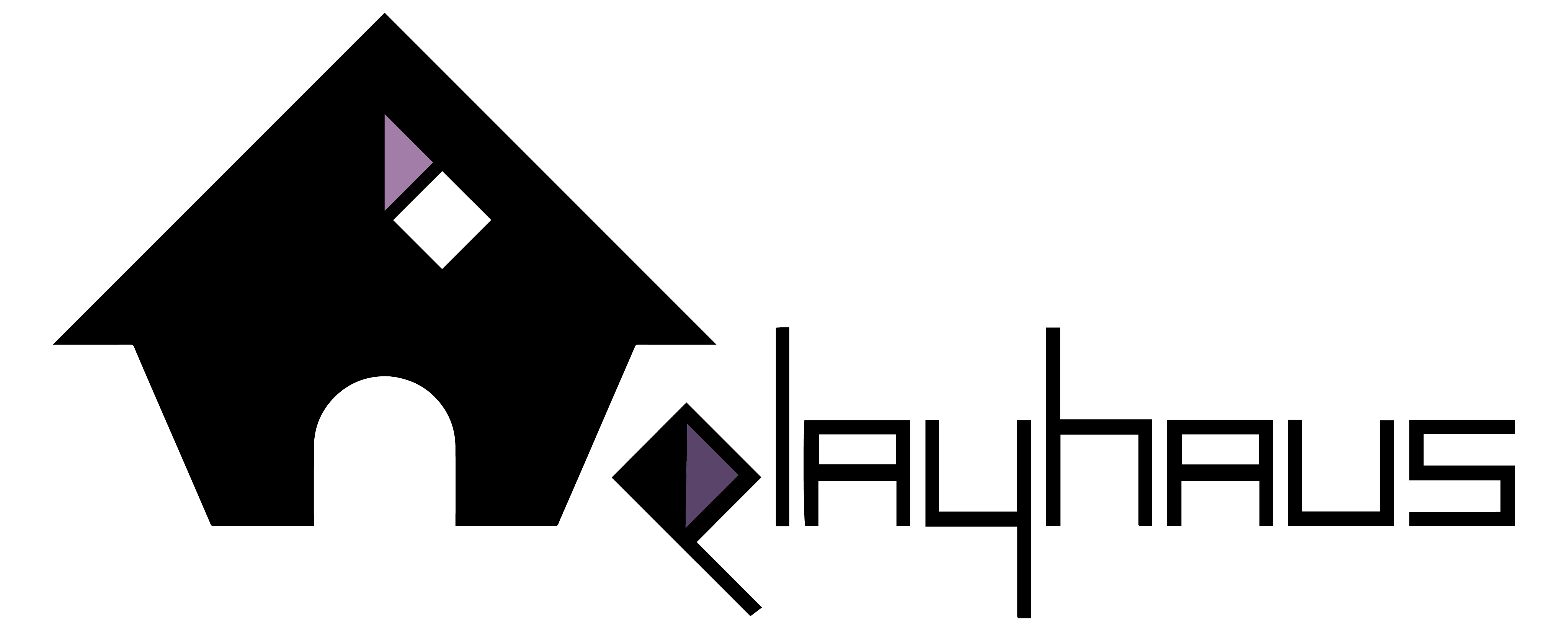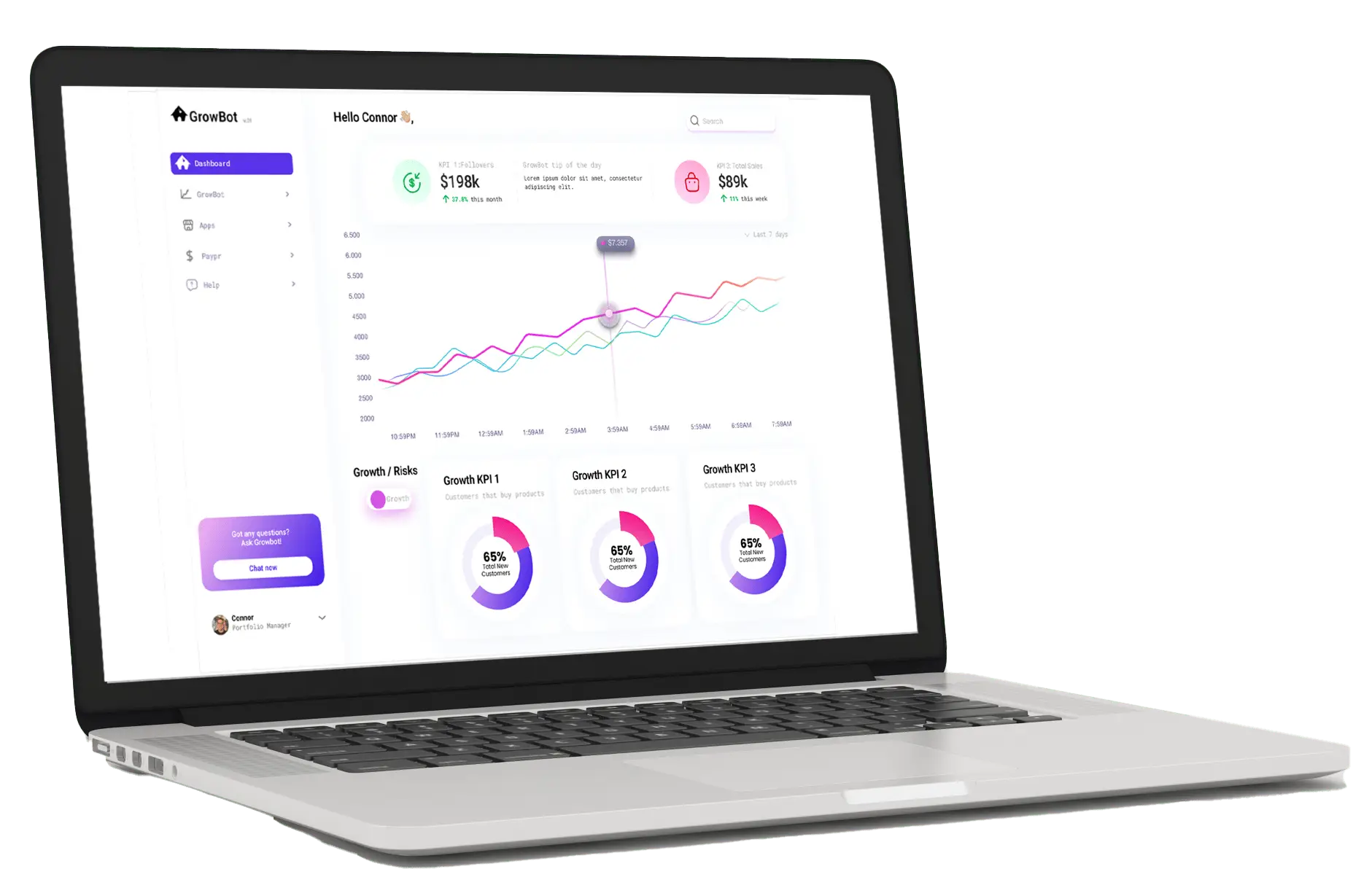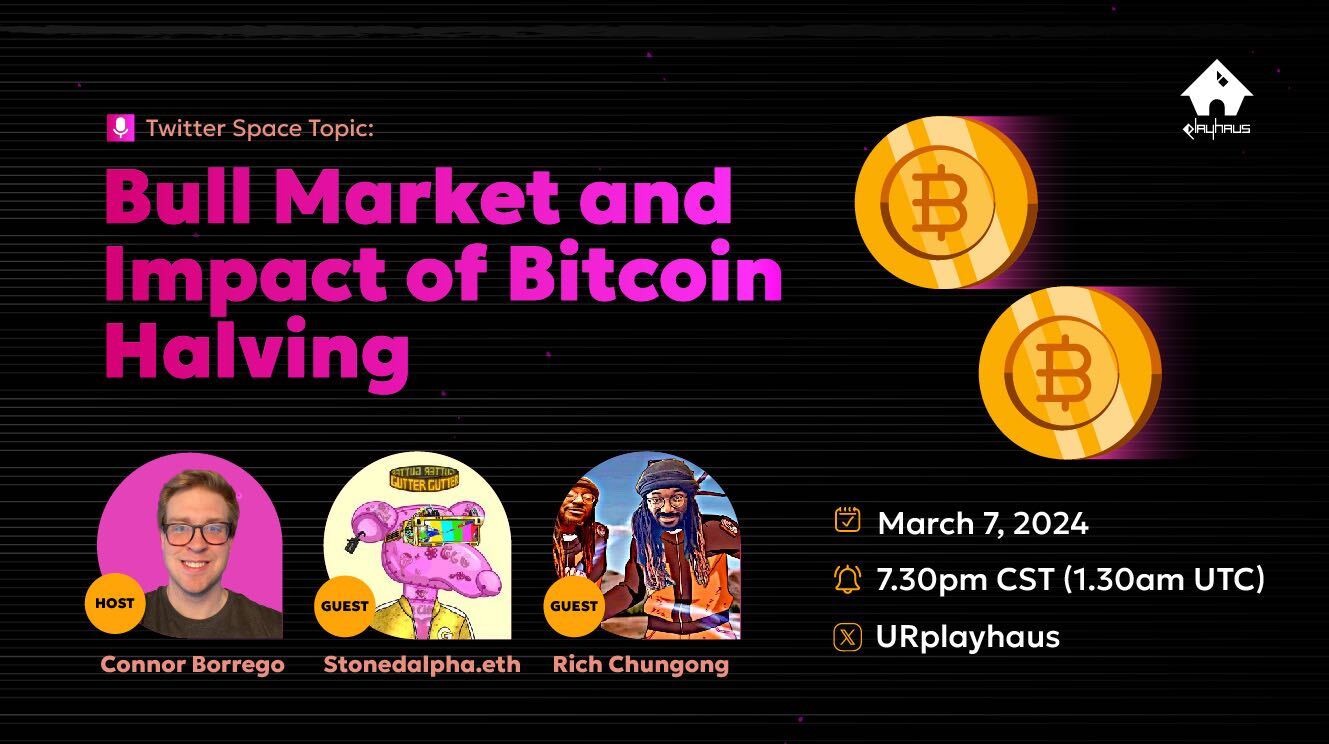GM HEARTLAND |
Look. We get sick of hearing our own voices sometimes, so there’s a fair chance you will, too. Fortunately, we have a whole team of degens willing to spill their secrets on how to make sweet, sweet web3 money — or, at least, make it out alive. |
—El Prof, Muhammed & Chad |
MONEY MONEY MONEY
TOKEN | PRICE CHANGE | PRICE |
|---|---|---|
Solana ($SOL) | -2.15% | $165.90 |
Helium ($HNT) | -5.84% | $4.03 |
Pyth ($PYTH) | -6.28% | $0.41 |
Solend ($SLND) | -5.26% | $0.54 |
(Price changes reflect past 7 days as of 5.31.24)
You see a brutal week, I see discount pricing.
IYKYK
One thing I wish I knew on day one of my web3 journey is… always have an exit strategy. Take your profits. Take regularly at various levels. Don’t get stuck holding the bag. This doesn’t always apply to everything, but more often than not, it is a solid strategy to help you buy dips, reinvest your earnings into another project, or just treat yourself.
—Branden, playhaus Growth Strategist

SOL v. ETH: Dawn Of DeFintech
PayPal just launched their stablecoin publicly. I’ll give you one guess where they launched it.
Yup, PayPal just went full-on Solana maxi, for pretty much the same reasons as playhaus. If we are going to have a real-time global database, enabling users to own their data within a privacy-preserving environment, we need a network that scales and processes data in parallel, while offering the immutable transaction history element that makes blockchains so lucrative. In other words, it needs to be fast and cheap, while still being secure. Which Solana is.
Unlike other major blockchains, Solana doesn’t use layer 2s (L2s), which in effect just recreate the surveillance capitalism, cloud intermediary environment we already have today — with a few extra, energy-inefficient steps to boot.
I’m so adamant about this because the zero-knowledge (ZK) privacy nuts still have yet to convince me of how data that isn’t being exposed can be used to train predictive analytics systems that power most of our current internet infrastructure. From my perspective, the fundamental offering of ZK breaks the economics of the internet. Users inherently expose their data to be pilfered by middle men in exchange for pennies on the dollar, if they get cut in at all. We believe securing that data is, like many things, Only Possible On Solana.™
(#OPOS)
The added sting is that PayPal explicitly called out the Ethereum network in its public release for being insufficient to meet their needs for settling these transactions. The cost benefit analysis ultimately drove them toward Solana.
It’s nice to be validated in the face of so many conversations with Ethereum maxis who are convinced that institutional investors want to go to the Ethereum Virtual Machine (EVM) because it is the “best.” (I can’t really explain their reasoning on that one, because they can’t really either.) But those same investors took eight years to come to that conclusion. Meanwhile, a faster, scalable, more reliable network has emerged in the form of Solana. On top of that, it has a familiar programming language common to a lot of the large corporate engineering base at big tech companies today: Rust.
Rust is a programming language used by the big boys like Amazon, Alphabet, Meta, and other highly scrutinized, regulated entities for dealing back-end systems, primarily because it’s not a JavaScript derivative that screams security vulnerabilities and un-configurability. I mean, look at where Solana adoption has already primarily occurred. The user numbers in India are off the charts, correlating with the number of Rust programming developers they have in their local pool. Solana is the future and the institutions that understand the utility of the technology should be our leading indicators, not laggards who still don’t understand the use case.
To be fair, it was through Ethereum’s vision of a decentralized computer that I and many others came to understand the power and potential of web3. But my background as a data scientist, my understanding of NFT use cases, and my close proximity to the consumer privacy issue in the digital ads space have allowed me to see the need for this user-owned data protocol, and the opportunity that Solana presents to bring that to life. It seems I’m not alone.
—El Prof
Do you wish marketing your business were as easy as asking your assistant for “that thing I want from that place we went that one time?” Now, it can be.
Meet growbot, playhaus’ personal growth assistant. With growbot, simply connect your tech stack, upload your creative assets, provide a clear simple goal in layman’s terms (verb + noun), and, in the case of buying ads, attach a monetary budget. growbot will handle the rest, crafting and deploying the optimal strategy to grow your subscribers, followers, sales, and more.
Want to make your dollars go 30% further? We currently offer free growbot demos and are taking on alpha clients through our advertising agency.

Unlocking The Future of Finance With DeFi
When describing the DeFi space, one term gets tossed around a lot: “DeFi.” We’re as guilty of this anyone else. But it occurred to me that I was taught you should never use the word you’re trying to define in its definition. So what, specifically, are we talking about when we talk about DeFi?
Decentralized Finance (DeFi) is essentially an umbrella term for the emerging financial ecosystem harnessing the power of blockchain technology. In the years since Bitcoin launched cryptocurrency as a concept into the mainstream, countless blockchain-based financial services have popped up, including lending, borrowing, trading, and investing in cryptocurrencies.
Cryptocurrencies like Bitcoin, Ethereum, and Solana are integral to DeFi, providing the foundation for this new financial paradigm. They offer a store of value, a medium of exchange, and a unit of account, enabling the creation of decentralized financial instruments and services.
Notably, DeFi services exist without intermediaries like banks or financial institutions. Built on the principles of transparency, accessibility, and inclusivity, DeFi is a “permissionless” system. In other words, it’s not gate-kept by major banks, exchanges, or even, for the most part, regulators. It’s open to anyone with an internet connection.
The open-source nature of the blockchain allows anyone to access and contribute to the code, fostering a collaborative and community-driven initiative. As such, DeFi promotes financial inclusion by providing access to financial services for everyone, regardless of location, background, or economic status. This is a significant departure from traditional financial systems, which often exclude marginalized communities and individuals. With DeFi, anyone can participate in the global economy, and this has the potential to spearhead positive change in the financial landscape.
While DeFi offers a wealth of opportunities, it’s important to acknowledge some of the challenges it faces. Security risks are a concern, as DeFi protocols are complex systems vulnerable to hacking attempts. Additionally, the market volatility inherent to cryptocurrencies can lead to significant losses for users. Finally, the user experience can be complex for beginners, requiring a certain level of technical understanding to navigate DeFi applications, and leaving some participants more vulnerable to scams.
That said, one of the most exciting aspects of DeFi is its rapidly evolving nature. New projects and innovations are emerging regularly, pushing the boundaries of what is possible. From lending protocols like Compound and Aave to decentralized exchanges like Uniswap and SushiSwap, the DeFi ecosystem is teeming with activity.
As DeFi continues to grow and mature, we will likely see more security and privacy features, as well as more innovative applications of blockchain technology. From decentralized identity and reputation systems to prediction markets and gaming platforms, the possibilities are endless. However, for DeFi to reach its full potential, addressing security concerns, mitigating market volatility, and simplifying the user experience will be crucial.
The playhaus team is already hard at work doing so.
—Muhammed
STRAY LINKS
Want more from the wide world of web3? Check out the following crypto events in June. Oh, the livestream’s almost on…
Consensus by CoinDesk
Date: May 29 – June 1, 2024
Location: Austin, Texas
A major event for the NFT, cryptocurrency, blockchain, and web3 communities. It serves as a platform for key players to unite, collaborate, and shape the future of blockchain technology. The event hosts discussions, showcases successes, and facilitates debates.Blockchain Expo North America
Date: June 5 – 6, 2024
Location: Santa Clara, California
This event will explore practical applications of blockchain technology across various industries like finance, healthcare, and supply chain. It will feature case studies, panel discussions, and workshops led by industry experts.




